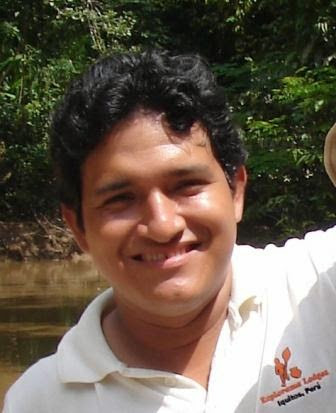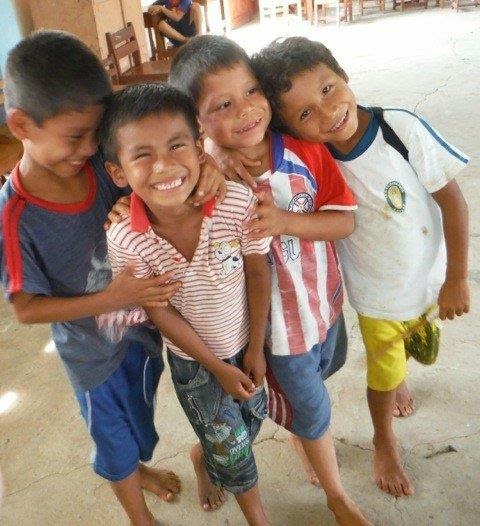Amazon Student Field Reporter Project: We’ve enlisted the help of several students to share their 2015 Amazon experiences with us. Over the coming months we will regularly feature their posts, photos, and reflections – letting them tell their amazing stories of the Amazon and its impact on their lives!
Reporter: Sophie P. (middle school student, Sidwell Friends School, Washington D.C.)
It’s been a whole week since I got back from the Amazon. I really miss the warm weather and all of the wild animals, especially since the only wild animals you see in my neighborhood are the occasional deer or squirrel. Sifting through my luggage, I came across a bracelet that I had gotten from the Yagua people on trading day. It was made with huayruro seeds, aka rainforest seeds that are supposed to bring good luck to you. I put the bracelet on because, hey, who doesn’t want a little bit of good luck? Also, it reminds me of Peru.
Leaving the Amazon feels like a breakup. Everything that I do reminds me of it. The morning of my first day home was very confusing for me, because I was so tired that I forgot where I was and that my bed doesn’t need a bug net. When I was grocery shopping with my mom, I was surprised that the store didn’t carry green oranges. Then I remembered that I was in Maryland and not at Explorama, ExplorNapo, ACTS, or Ceiba Tops. It’s kind of funny that even though I was only in the Amazon for a week, I feel changed. Maybe it was the insects, because if I see a bug now it’s no big deal.

My tour guide Cesar said something along the lines of “The people here are happy, they do not know what they are missing. I hope it is not much.” This really stood out to me, because the river people don’t have stoves, air conditioning, or what people in the US might consider a real house. The children have pet sloths and parakeets, everyone owns a canoe, and there are no cell phones. Yet, they are happy. This doesn’t cease to amaze me, because while I’m in DC going to school, having what I consider a normal day, these people are fishing for their food and living off of their environment. That includes bathing in the Amazon. The difference is incredible. I know that I would be ridiculously scared to bathe in the same river with piranhas, and that I would grow tired of only eating bananas and fish - the river people do exactly that and aren’t scared doing it. The fact is that they are accustomed to living that way, which is why I was surprised when Cesar suggested that they were happy.

Photo: Sophie P
However, I can now visualize life in the rainforest. Happy, different, yet happy. Throughout the trip, I thought about what Cesar said, and I now realize how true it is. Maybe if we lived in a different world, a world of wooden huts with thatched roofs, no cell phones, and a healthy diet of fruit and fish, we would all be happy. The majority of people would be healthy, and there would be no social media, therefore you wouldn’t have to worry about what people think of you. In general, I don’t think that most houses in the Amazon even have mirrors - or windows - in their houses. They find joy in their culture, not vanity. Everybody seemed like they genuinely really knew each other well. So, I strongly urge you to come visit the Amazon for a real, wholesome experience, and not something that you will Facebook or Instagram the entire time. When you are in the Amazon, you truly get to bond with people and become tuned in with nature. I invite you to take a break from technology (relax, most of the lodges do have Wi-Fi) and visit the Peruvian Amazon. I would like to thank Amazon Rainforest Workshops and EcoTeach for opening my eyes to an amazing part of the world and for introducing me to a fascinating, rich culture. ¡Adios amigos!
Christa Dillabaugh is our Education and the Rainforest Editor. A former middle school and high school science educator, she coordinates experiential field programs for educators and students in the rainforests of Central and South America. She currently serves as education director for Amazon Rainforest Workshops and loves traipsing through rainforest mud in search of teachable moments! You can read her Amazon field notes at http://amazonworkshops.wordpress.com/
Photo Credits: ©Christa Dillabaugh, Amazon Rainforest Workshops, except where noted
